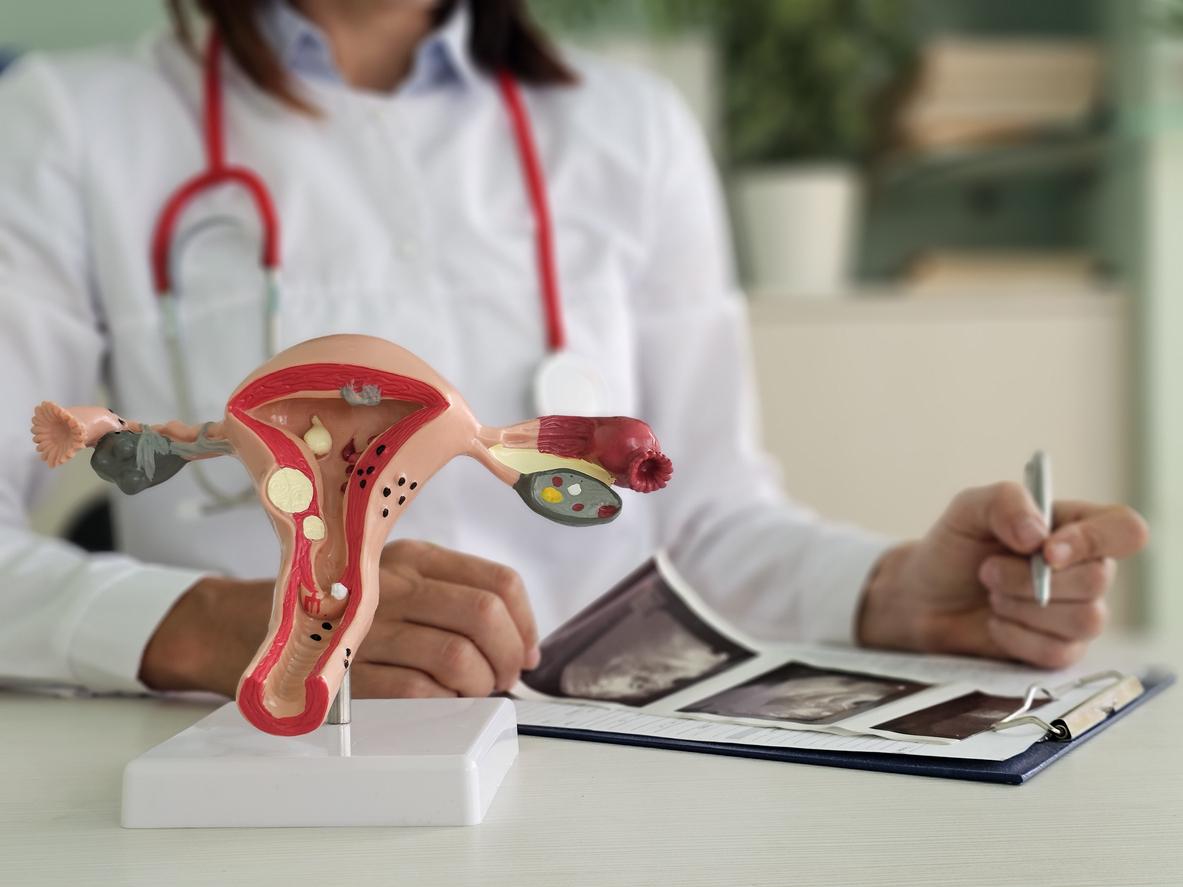Degradation of semen quality and cases of early puberty are more and more numerous, according to the results of the weekly epidemiological bulletin published on July 2 from Public Health France. Environmental factors, such as endocrine disruptors, could be at the heart of these developments.
The Weekly Epidemiological Bulletin published a report “on a global public health indicator, the sperm which reveals that between 1989 and 2005, the sperm concentration in the French fell by nearly a third (-32.2%), or nearly 2% per year. “It is possible that this decline began in the 1970s if we take into account a previous study carried out in the Paris region from 1973 to 1992”, explained the researchers.
“Various causal hypotheses can be evoked, in particular exposure to PE” (endocrine disruptors), argue the authors. But no cause and effect link has yet been scientifically established between these substances and cases of infertility. “Other causes are possible or may be entangled with the previous ones, such as smoking in pregnant women (…), nutritional or metabolic factors, atmospheric pollution or lifestyle changes (sedentary lifestyle, stress, heat, sleep) “, said the study’s authors.
Precocious puberty more and more frequent
The early puberty affects girls 10 times more often than boys and can have multiple negative effects on physical and mental health. It manifests itself in signs of puberty before the age of eight in girls and nine in boys.
“Precocious puberty may be linked to specific genetic factors, and ethnic / population factors could also play a role,” said Santé publique France. But “the role of environmental exposure to substances potentially endocrine disrupting and possibly of anthropogenic origin (linked to the intervention of humans, editor’s note) must be taken into consideration, without excluding environmental factors not yet identified”, according to the authors of the study.
Read also :
Obesity affects the quality of semen
How to keep your sperm in good shape?
The number of sperm divided by two in 40 years

















